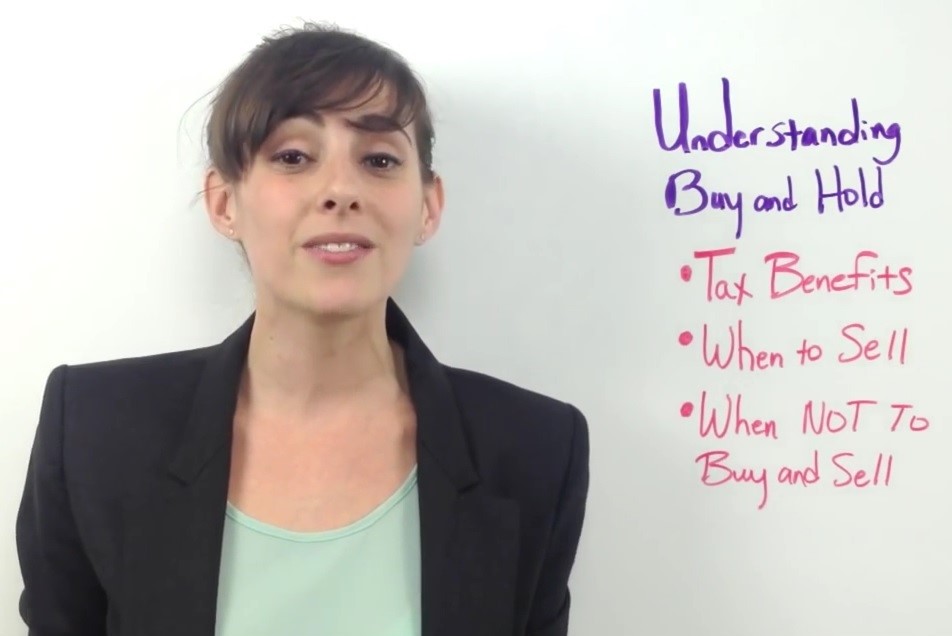
Stocks: Is “Buy and Hold” Still Best?
Posted by: Ben Steverman on July 2, 2009
Businessweek.com |
PNC, in its July 2009 Investment Outlook, asks whether the “buy and hold” investing philosophy no longer works. PNC’s investment strategist, E. William Stone, does a respectable job of clarifying the key issue. He notes the last decade has been terrible for investors, and then writes:
Is the long-term expected real (after-inflation) return on stocks no longer positive? In other words, if the expected return is no longer positive, then an investor would need to trade in and out of stocks to earn a positive return.
Stone then reviews the evidence and concludes what most (though not all) financial advisors have been saying for decades. Stocks do tend to outperform other investments and inflation over extended periods. Plus, jumping in and out of the market is difficult because it’s extremely hard to do so at the right time.
Whether you agree or not, some pieces of evidence from PNC are worth considering:
PNC looked at 881 rolling ten-year time periods for the S&P 500 since 1926. Adjusted for inflation, 119 of those time periods (13.5%) showed a negative return. That’s a surprisingly high figure, which underscores the significant risk that investors do take when they put their money in stocks.
Second, Stone’s team reviews studies, looking at dozens of countries, showing “essentially no correlation between the rate of GDP growth and real returns on stocks — in fact the correlation is slightly negative.”
That’s a key point because many bearish investors expect slow economic growth for many years to come. And they cite these economic doldrums as a reason not to own stocks for now. Stone, citing this research, argues this is a poor rationale.
But how could it be that the economy could grow, and equity investors earn nothing? Or that an economy is stagnant but stock investors benefit? I’m intrigued by one plausible reason:
GDP can grow without gains accruing to equity shareholders. In some countries the GDP gains might accrue primarily to the government or workers.
Whether or not economic growth will be slower in the next decade than in the last decade (and I think that’s highly debatable), this passage raises a troubling question for investors. Might we also be facing a situation where political developments in Washington — more generous health benefits, tighter financial regulation, pro-union labor laws and regulators, environmental rules — limit investor gains even if the economy does grow?
We don’t know the answer to this question, or to many others. And that uncertainty about the future is one reason I remain, cautiously, a buy-and-hold investor. (The other reason is that I see few proven, viable alternatives to buy-and-hold.)
But what do you think? Is buy-and-hold still a useful investing philosophy?
©2015 Bloomberg L.P. All Rights Reserved
